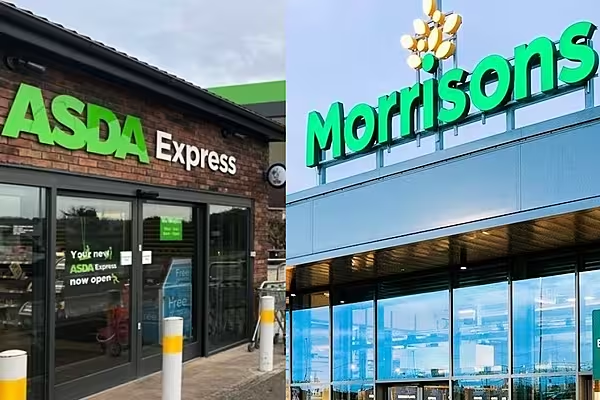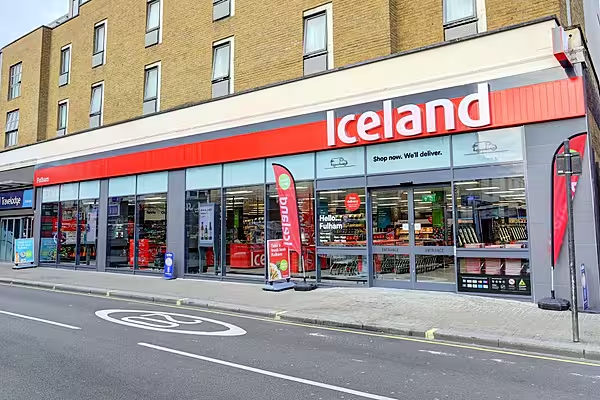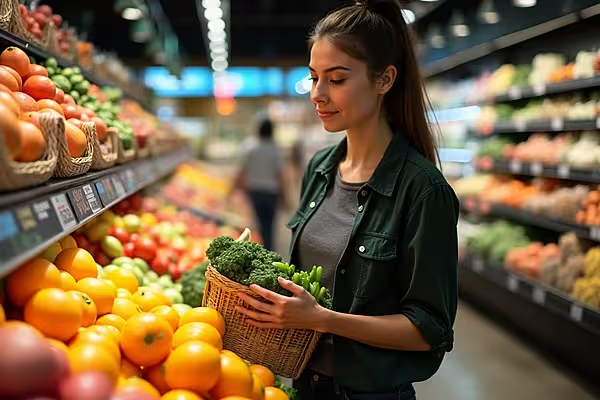David Potts, chief executive of U.K. grocery store Morrisons, on Tuesday announced a renegotiation of a contract with Ocado to run its online delivery business. His predecessor rushed into a hasty and expensive online deal with Ocado back in 2013, and he's been pushing for the terms to be revised since he arrived in March 2015.
Morrisons seems to have come out on top with the new deal. It looks like Potts, who began his career on the supermarket checkout, is making a habit of outsmarting Ocado, run by Tim Steiner, the last remaining of the three former Goldman Sachs bankers who started the business.
Morrisons will now be able to deliver groceries from its stores to customers in areas where Ocado doesn't operate, so it can go from serving about half the country to the whole of the U.K. It also won't have to share part of its online profits with Ocado, and fees for research and development will halve to about 4 million pounds ($5.2 million). After the changes sink in, they'll help lift Morrisons's annual profits by about 50 million to 100 million pounds a year in the medium term.
Ocado's win from the new deal is much smaller -- it can use space in its distribution centers to serve other retailers, but only if they don't compete with Morrisons. That excludes the country's three biggest grocers and the two German discounters. Overall, there will be limited impact on Ocado's profits, though it expects the deal to be accretive to earnings.
It's the second time this year that Potts has snookered Ocado. In February he agreed to supply Morrisons products to Amazon, which is muscling in on the British online grocery market -- at the potential expense of Ocado. No doubt this improved Morrisons's hand in bringing to a close an issue that's been hanging over both companies.
Ocado share drop since 2014 peak is about 52%.
For Ocado, it's crunch time. Investors have been justifiably punishing the company, sending its shares down by more than half since their peak in early 2014, as it failed to make good on promises to outsource its technology to international retailers, and Amazon entered the online grocery market in London. Having its first customer constantly and publicly pushing for changes to its contract terms probably hadn't helped.
Tuesday's announcement means it can at least move on. Ocado needs to redouble its efforts to bag a deal with a big international grocer, and take advantage of a silver lining in the new deal. The revised contract enables it to provide Marks & Spencer with its internet food delivery services, something the big retailer currently lacks. That could be a potential new avenue of growth for Ocado.
Ocado is trading at a significant discount to Amazon on an enterprise value to forward sales basis. It used to be at a premium, and there's little sign of that returning without a big turnaround.
Being outmaneuvered by Morrison is okay. Being trounced by Amazon won't be.
This column does not necessarily reflect the opinion of Bloomberg LP and its owners.
News by Bloomberg, edited by ESM. To subscribe to ESM: The European Supermarket Magazine, click here.














